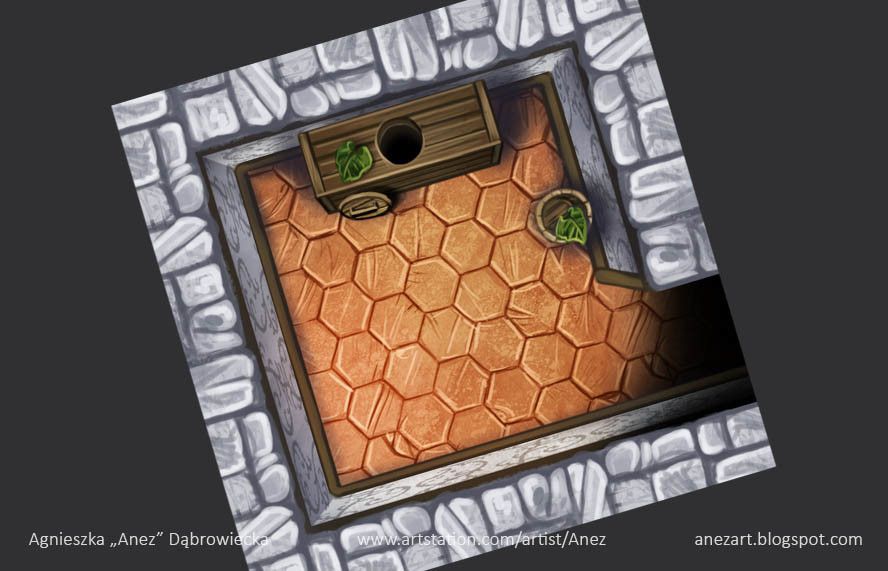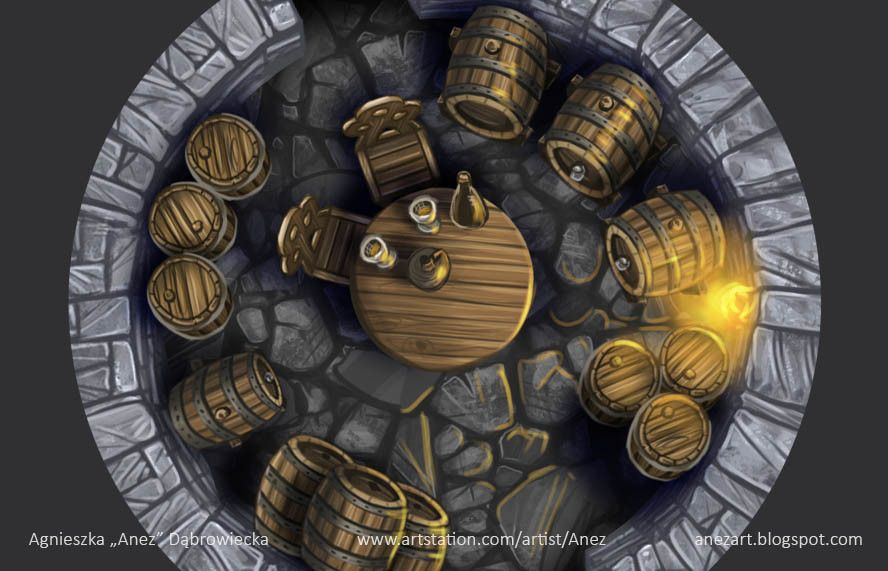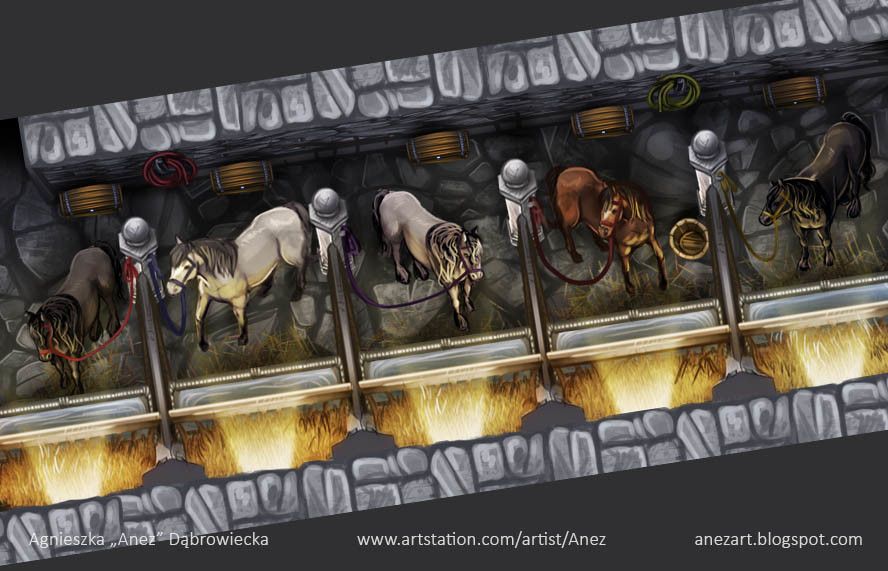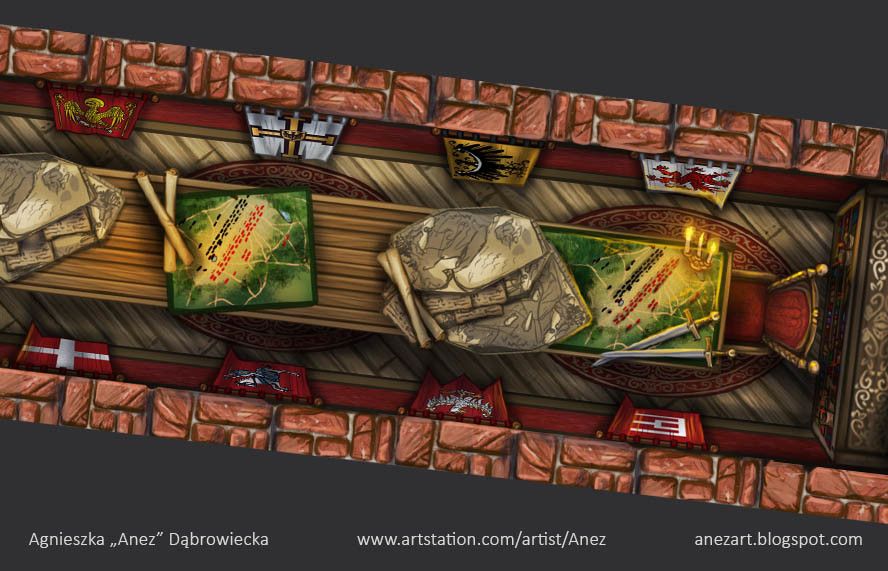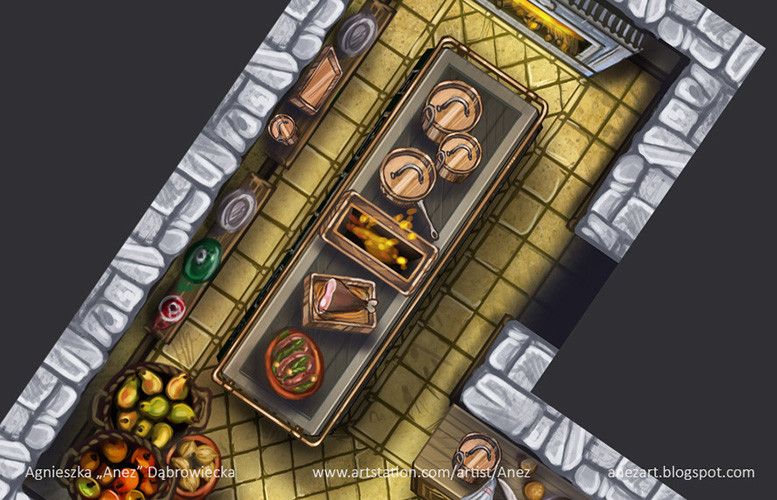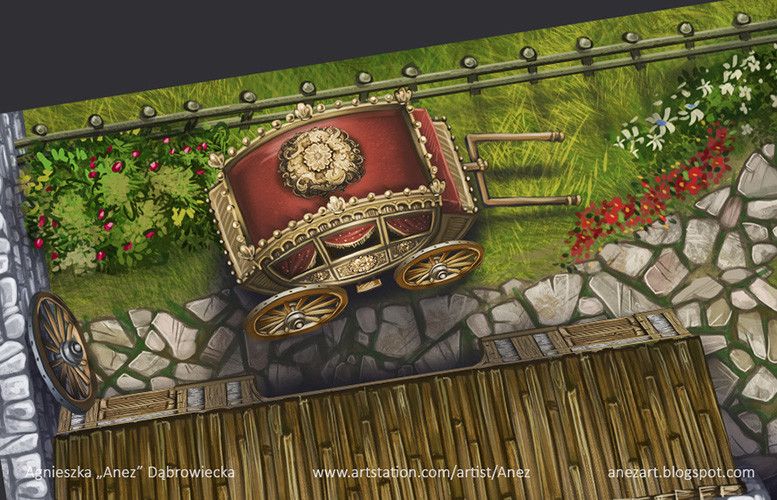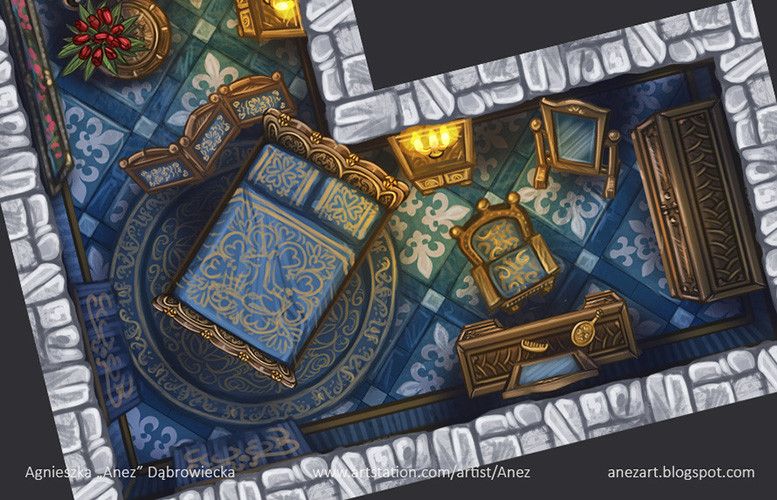First, a couple good links from Pulprev author Ben Cheah's site. He had a short story in Riding the Red Horse, and also authored the excellent No Gods only Daimons, and Hammer of the Witches. I'd previously linked to him in a post on "realism."
On his winding road to the pulp revolution.
Fantasy recalls those ancient days, when the miraculous co-existed with the mundane, when the Weird was within sight, when human civilisation consisted not of contiguous countries but isolated outposts of fragile life huddled against a chaotic darkness roiling with predators and strange beasts. In the unobserved, unknown darkness, without a permanent observer to set in stone the rules of reality and banish all other possibilities, there was infinite potential for anything and everything to manifest.
Modernity spits upon those days. Science and Rationality has forever banished the darkness of ignorance. Superstitions are nothing more than ridiculous fallacies. At best, myths and religion are merely attempts at explaining the unexplained; at worst, they are institutionalised oppression that must be opposed at all costs. Scientists and statesmen, philosophers and poets, they all looked and looked but saw no God. Today, with the arrogance and callowness of youth, the giant of Modernity strides proudly across the world, proclaiming it is the Truth and the only Truth allowed to exist.
Much of the West is now a post-religious society. This society claims it has killed God, but with no corpse to provide proof, it has chosen to become as gods to appear worthy of such a feat. Progress, Science, Reason, these are the watchwords of our age. But in disavowing God, Modernity has shut itself off from the immanent and the transcendent. In this act, it has sealed itself away from the weird, the strange, the fantastic.
One of the few "euro" or euro-inspired games I enjoy is Castles of mad King Ludwig, you can find a brief overview here at Cirsova, especially in how it can be used to quickly create a dungeon or castle map.
The game is devilishly simple: players take turns being the “master builder”, assigning rooms (which are essentially dungeon geomorphs) a price, then players pay the builder that price and stick the room somewhere on their castle. There are different rewards for “finishing” rooms (connecting all doors to other rooms or halls) based on the type of the room; points are awarded for connecting certain types of rooms to certain other types of rooms, and various “goals” (cards you can earn by completing one kind of room) give you extra points for fulfilling certain criteria.
I’ve gotten to where I’m pretty good at it; I don’t know that I could say that I have a solid strategy, but avoiding wasting time on hallways and underground rooms (cool as many of them seem) and instead going for goal cards and just all around finishing rooms in ways that earn the most points seems to work.
So, why do I recommend it as a tool for DMs? Well, remember how I was talking about Thiefy stuff yesterday and how one of the problems a DM faces is having to come up with rich people’s houses to rob when the Thief is all “I want to rob a rich person’s house”?
The artwork is pretty decent, but it apparently can be improved. Here's a few of the original tiles:
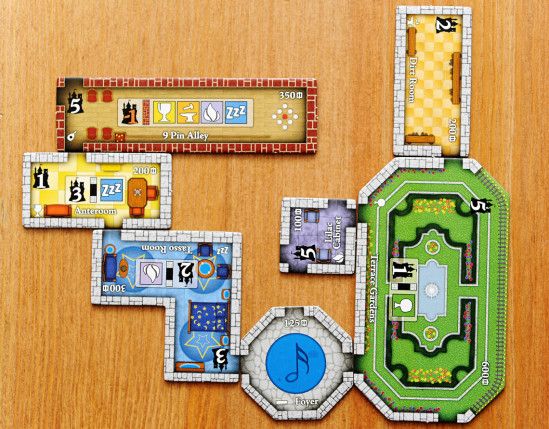
And here are a few from the Polish version:
